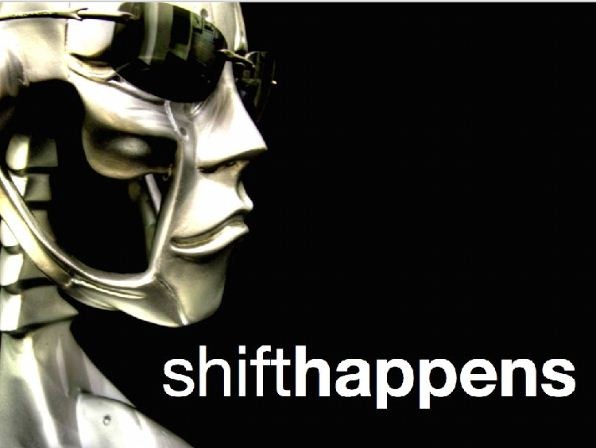
Leo and Harry knew firsthand that new technology has the power it turn the status quo on its head.
They were part of an economic boom in the music industry that allowed songs to spread faster and more efficiently to more people than ever before.
The movement they were part of had the additional effect of encouraging amateur musicians to participate in music in ways they had never been able to before. The wave Leo and Harry helped create affected the entire music industry.
However, within a short period of time, an even newer technology came along that disrupted everything. The stable business model these two men built and profited from began to crumble.
But an unexpected benefit came from the new developments. A number of artists and bands that previously operated in obscurity were suddenly becoming popular on a nationwide and sometimes worldwide scale.
Sound familiar?
This story is about Leo Feist and Harry Von Tilzer, two men who were influential in the sheet music business a hundred years ago.
 The promotion and widespread sales of printed sheet music spawned a whole new industry in the late 1800s. It was a very profitable business model for many companies, as more and more music hobbyists yearned to play popular songs of the day.
The promotion and widespread sales of printed sheet music spawned a whole new industry in the late 1800s. It was a very profitable business model for many companies, as more and more music hobbyists yearned to play popular songs of the day.Back then a lot of musicians were gainfully employed as "song pluggers" who made their living demonstrating songs to promote the sale of sheet music. Most music stores had song pluggers on staff. Other pluggers were employed by the sheet music publishers to travel and familiarize the public with their new offerings.
Then, in the early 1900s, the phonograph and radio came along to change everything. Eventually, many people once employed by sheet music companies or as song pluggers found themselves out of a job. At the same time, new opportunities opened up for forward thinking entrepreneurs who embraced the new technologies of radio broadcasting and recorded music.
What's the point of this story?
To illustrate that shift happens, and at times the change can be monumental. Humans went through the shift when the era of sheet music boomed, and they went through it again with the advent of radio and records.
And ... we're going through it again now.
After I published The Surprising Truth About Making a Living with Music in 2011 & Beyond, a number of musicians cried foul and said I was full of it. They cited many examples regarding ways they used to make money that aren't available to them anymore. So how could I possibly make the claim that there are more opportunities now than before?
So let me clarify ...
I don't deny that many income-producing aspects of the music business have changed. A lot of great players who once worked as touring musicians or had steady club gigs are hurting now. Good people are experiencing some very real pain and frustration over how they once operated in the music world.
I get that. And if that's your reality, my heart goes out to you.
At the same time, though, other musicians are prospering. It may be hard to see and admit that when you're in the midst of struggling to feed your family and getting caught up on bills. But there really are smart artists riding the new wave and doing well.
It's all part of the latest shift in the way that music is created, spread, and enjoyed.
It happened in the 1800s. It happened a hundred years ago. And it's happening again in a big way right now.
My goal in pointing this out to you: To get you to open your mind and embrace the shift instead of fighting it. To encourage you to look for creative solutions instead of being angry. To inspire you to look for new ways to express your passion, make a few dollars from it, and enjoy the process.
Change isn't easy. But the quicker you acknowledge it and accept it, the quicker you'll be able to move on and prosper once again.
-Bob
P.S. Get more tips like these when you subscribe to my free Buzz Factor ezine -- the longest running music career tips email newsletter on the planet. Since 1995. Go grab your free subscription now here.
No comments:
Post a Comment